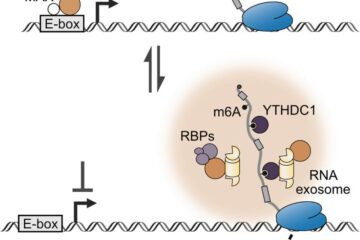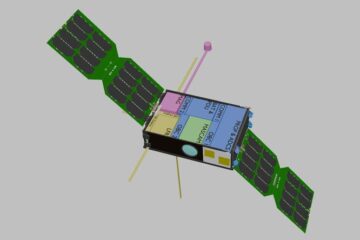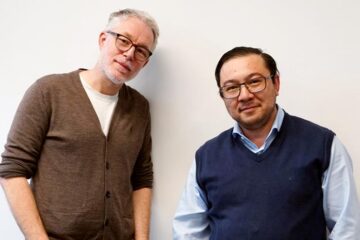Latest Findings On PCBs to Be Subject of June Workshop at Illinois

Some 200 scientists from around the world will gather June 13-15 at the University of Illinois at Urbana-Champaign to discuss their latest findings on the health effects of exposure to PCBs (polychlorinated biphenyls) – long-lasting chemicals manufactured and widely used before being banned or restricted since the late 1970s.
The talks at the International PCB Workshop will be reviews that highlight new findings and suggest new ways to look at existing information, said co-organizer Larry G. Hansen, a professor of veterinary biosciences in the College of Veterinary Medicine. The National Institute of Environmental Health Sciences and U.S. Environmental Protection Agency are sponsoring the event as part of their Superfund Basic Research Program.
The afternoon session June 13 will feature nine talks focusing on the human health consequences of similar environmental exposures to PCB-contaminated soils near former production plants in Anniston, Ala., and in eastern Slovakia.
PCBs were used extensively, beginning in the 1930s, in many industrial compounds that found their way into caulking materials, inks, paints, coolants, electrical transformers and capacitors. PCBs today are found in soils near former production plants, in the food chain and in discarded electrical equipment at disposal sites.
The PCB Workshop will be held at the Hawthorn Suites Conference Center, 101 Trade Centre Drive, Champaign.
The workshop is designed to allow researchers from various scientific fields to integrate their knowledge and experience. The co-organizers are Hansen, Larry W. Robertson of the University of Iowa and Bernhard Hennig of the University of Kentucky.
Media Contact
Alle Nachrichten aus der Kategorie: Veranstaltungsnachrichten
Neueste Beiträge

Forschende enthüllen neue Funktion von Onkoproteinen
Forschende der Uni Würzburg haben herausgefunden: Das Onkoprotein MYCN lässt Krebszellen nicht nur stärker wachsen, sondern macht sie auch resistenter gegen Medikamente. Für die Entwicklung neuer Therapien ist das ein…

Mit Kleinsatelliten den Asteroiden Apophis erforschen
In fünf Jahren fliegt ein größerer Asteroid sehr nah an der Erde vorbei – eine einmalige Chance, ihn zu erforschen. An der Uni Würzburg werden Konzepte für eine nationale Kleinsatellitenmission…

Zellskelett-Gene regulieren Vernetzung im Säugerhirn
Marburger Forschungsteam beleuchtet, wie Nervenzellen Netzwerke bilden. Ein Molekülpaar zu trennen, hat Auswirkungen auf das Networking im Hirn: So lässt sich zusammenfassen, was eine Marburger Forschungsgruppe jetzt über die Vernetzung…





















